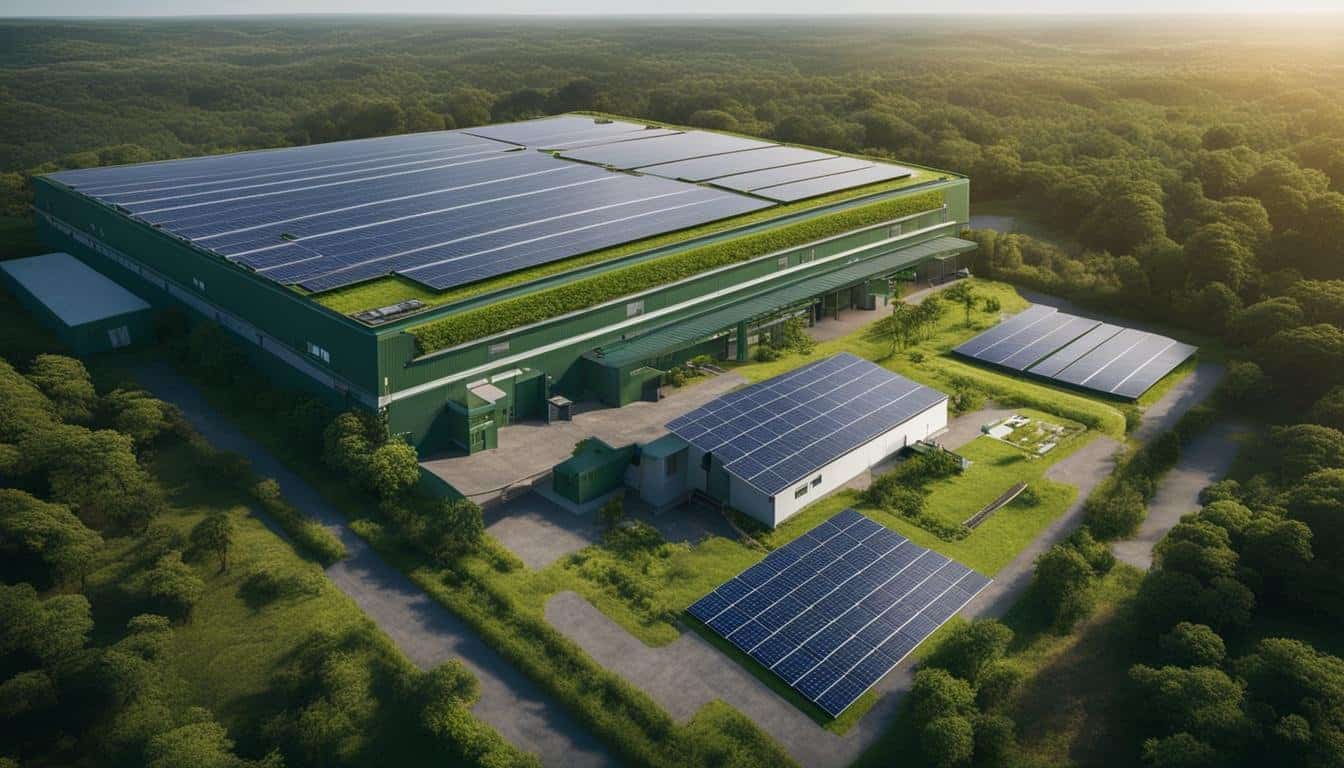Efforts to forge a unified global treaty on plastic pollution have stalled, as nations remain fundamentally at odds over the treaty’s core structure and ambition. The recent round of international negotiations ended without a significant breakthrough, revealing a deep chasm between countries that favor mandatory, legally binding production limits and those that prefer a more voluntary approach focused on recycling and waste management. This division is not merely a technical disagreement; it reflects a profound ideological and economic split that is hindering progress on one of the world’s most pressing environmental issues. The collapse of the talks has cast a long shadow over the future of a plastics treaty, leaving many to question whether a truly meaningful agreement is still possible.
The central point of contention revolves around the concept of a cap on plastic production. A coalition of nations, including many in Europe and several small island developing states, argues that the only way to effectively address the plastic crisis is to “turn off the tap” at the source. They point to the exponential growth of plastic production and the fact that current recycling infrastructure is woefully inadequate to handle the sheer volume of waste. Their position is that without a legally binding cap, any other measure—such as improving waste management or promoting recycling—will be little more than a temporary fix for an ever-growing problem. They contend that a global cap is essential to hold multinational corporations and producing nations accountable.
On the other side of the debate are major plastic-producing nations and fossil fuel exporters, including the United States, Saudi Arabia, and China. They have strongly resisted any language that would mandate a reduction in production. Their argument is that plastic is a vital and versatile material essential for everything from healthcare to food preservation. They favor a different approach, one that focuses on better waste management, recycling technologies, and the development of a “circular economy” for plastic. They see the problem not as a matter of production but as one of poor infrastructure and consumer behavior. This group of countries argues that a production cap would stifle economic growth and innovation, particularly in developing nations that rely on the plastic industry.
The discussions have been further complicated due to the involvement of industry lobbyists. Many representatives from the petrochemical and plastics sectors have attended the meetings in large numbers, promoting their favored policies. Environmental organizations have expressed concern over their impact, contending that these groups are attempting to weaken a robust, all-encompassing agreement. The industry’s focus on solutions like recycling and waste-to-energy plants, instead of reducing production, is perceived by critics as a strategy to preserve current practices and sustain ongoing demand for their goods. This situation has fostered mistrust, making it even harder for both parties to reach an agreement.
One significant obstacle has been the absence of a definitive legal framework. The preliminary treaty document, which emerged from earlier discussions, includes numerous options and placeholders, showing that there is minimal consensus. Crucial definitions, such as what is meant by a “single-use” plastic or how to categorize “hazardous” plastic substances, remain unresolved. This lack of clarity has enabled countries to adopt a firm position, as they have not yet committed to any particular set of duties. The lack of a clear path has resulted in repetitive conversations without progress, with neither party willing to compromise for fear of establishing a risky precedent.
The economic implications of a global plastic treaty are immense, which is why the negotiations have become so fraught. For many developing countries, plastic production and consumption are a major source of economic activity. Imposing a production cap could have severe consequences for their economies and for the livelihoods of millions of people. At the same time, the costs of plastic pollution—to fisheries, to tourism, and to public health—are also enormous. The treaty is not just about the environment; it is a negotiation over who will bear the financial and social costs of a global problem, and this is where the ideological divide becomes most apparent.
The inability to agree in the recent negotiations represents a hurdle, yet it is not necessarily the conclusion of efforts. A diverse group of countries is advocating for a more comprehensive agreement and they remain persistent. Nevertheless, advancing will necessitate fresh political determination and compromise. Both parties must shift from their rigid stances and develop innovative approaches to tackle the underlying issues of plastic pollution without imposing excessive economic strain. The destiny of Earth’s oceans, rivers, and ecosystems could greatly rely on these nations reconciling their disagreements and ultimately settling on an impactful strategy.




